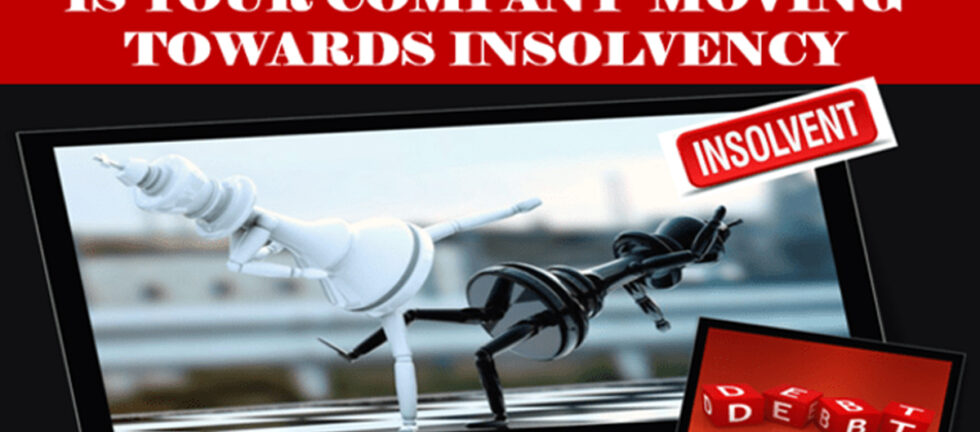Game of chess is a Mind Game and you have a picture of how the whole game will play out. Chess and business both involves a lot of strategies. business strategists can learn from each and every piece in the game of chess.
CHESS A MENTAL GAME
You sit in a chair, staring at a chess board and make a series of proactive and reactive moves, depending on what your opponent does. You win by blocking all escape routes and capturing the king. Every move changes the game.
BUSINESS CHESS- BOARD
Businesses look at the “chess board” from the perspective of their competitors, customers, employees – and other stakeholders – anyone who’s likely to be substantially impacted by the decision. Holding all those perspectives in mind, Businesses create a “WIN-WIN” strategy to grow, the CEO do a mental trade-off analysis to determine which move will maximise the company’s financial position and brand.
THREE AND FOUR-DIMENSIONAL BUSINESS CHESS
Chess is a game between two people, yet in business there are different players. Envision a room loaded with CEOs, all playing their own rounds of chess, where the results of each game will affect your organization. Basically, you are playing three-dimensional chess. Rather than attempting to out think a solitary rival, you need to consider the moves of many adversaries. These rivals – your rivals – are moving all through the game, as their fortunes fluctuate.
All of this is happening at an accelerated pace and all over the world, time becomes the critical fourth dimension.
While you are sleeping, someone in Germany or china could be introducing a product that could make yours obsolete. While you are trying to check-mate a competitor, new competitors are coming into the game, new technologies are emerging which will require you to change your strategy, and customers are changing their buying preferences.
Time is of the essence. It sounds daunting – and it is. Nobody said growing a company would be easy, and success in chess and in business comes to those who understand how to develop and execute a winning strategy.
RULES OF THE GAME- CHESS AND BUSINESS
If you don’t understand the rules of chess, your chance of winning significantly decreases. If you don’t know the different ways the pieces can move or how they can be used in an attack or defense strategy, you can’t plan ahead.
In the same way, if you don’t understand the rules of business, you are doomed to failure. Your revenue may be growing and you may be experiencing high profits, but your debtors are also growing and so are your creditors , and unpaid taxes, forcing you to close down.
Chess has many parallels to Business- both are based on SWOT analysis, recognizing your Strengths, Weaknesses, Opportunities, and Threats.
As a entrepreneur, you need to successfully navigate defensive and offensive positions in your industry. You need to have a plan, but your opponent’s moves will require you to revisit and modify your strategy.
1- UNDERSTAND THE MARKET
Understand the dynamics of how things work, including consumer demand, market regulations, pricing techniques. It is very important to start small and grow gradually, expanding your reach as you get more experienced.
2-UNDERSTAND THE PLAYERS/COMPETITORS
Market research is important but understanding your key competitors’ strategies is essential.
Chess players invest energy concentrating on how their opponents think. Force yourself to set aside the effort to intellectually look at the chessboard from each competitor’s position. Ask yourself, “Assuming I were the CEO, playing against our company, what moves would maximise my success? ”
Gadget countermeasures that will empower to remain ahead, withstand an attack, and make a counter-attack. The more you can anticipate opponent move, the more control you will have over the game, and the greater the chance you have of winning – in business or in chess.
Just like in chess, you need to understand your competition if you want to succeed in business.
That’s exactly what you need to do as an entrepreneur. Learn what your competitors are doing.
Who are they?
What are they offering consumers that you are not?
How can you make your products, services, and marketing efforts better?
These and many more are important questions you have to ask yourself.
3-LEARN THE VALUE OF PATIENCE
Don’t jump into the first option that looks good. Consider all your options.
Don’t rush to make a move; there might be a better one.
Inexperienced players quit looking for a move whenever they’ve found a good one overlooking a better one. Before attacking effectively, take time to place your pieces in effective positions. A premature attack might backfire.
The same idea is obtainable in business. Avoid making rash moves. Only make a move when everything is in place. For instance, don’t be in a hurry to start a business or launch a new product before conducting market research, no matter how excited you are about it.
4-PLAN SEVERAL MOVES AHEAD
“We’ll figure it out when we get there” might be a risky proposition you won’t be able to afford.
Planning ahead is a pillar of chess strategy. Players plan their moves and think about expected reactions to those moves. They foresee moves several turns ahead. That’s how they manage to outwit their opponent.
Taking the effort to make a good forecast is critical to the success of any business. This is what you must do as an entrepreneur. You also need to device contingency plans for situations that may arise in the future.
5-DON’T PLAY THE PLAN; PLAY THE BOARD
When playing chess, your opponent constantly devices measures to undermine your plans.
It is important to make plans and to realize when to leave them or just adapt. While you have your business strategies in place, competitors are also planning to capture more market share. Your plans should not be rigid rather flexible. What decides your success or failure is your ability to adapt well ,and timely respond to counter your competitors move
6-KNOW THE VALUE OF THE PIECES
Each chess piece has a specific value. By knowing them, you are better suited to make decisions on how to place them across the board.
Do not underestimate the power of your pawns, if nurtured correctly they can be queens. Everyone starts as a pawn, with limited responsibilities and impact. Proper mentorship and steady growth enhances your value at your entity. Every leader should promote as many pawns to queens as possible. You cannot be defeated with a full army of queens.
When you know the value of your employees, customers, and associates, it will be easier to make wise decisions regarding job responsibilities, consumer targeting, and many more.
In chess, there are situations where you can sacrifice a piece to gain an advantage later on. This is similar to making “investment decisions in business”, where you spend on things like additional capacity with the belief that you can make a larger return later on.
7-MANAGE YOUR RESOURCES
To win, learn how to manage your resources.
In business, this applies to cash. If you run out of cash, you are done. You need to make sure you are not overspending. Every single expense you make should earn profit. Nothing should be wasted. You also need to ensure you are raising money appropriately as you go. Your expenses should never exceed your revenue.
8-PLAY TO WIN
Always keep your eyes on the big picture- learn to think outside the box.
Chess has strict rules, the expert player knows how to use his creativity to come up with surprise moves to defeat the enemy.
The Chess legend Bobby Fisher shocked everybody when he used a transposition to a queens pawn opening against the then reigning world champion Boris Spassky, although everyone expected him to start with the king’s pawn as he usually did.
To achieve your goals, you have to stay flexible. Know when to make adjustments, whether in your product combinations, management techniques, or marketing efforts.
An entrepreneur must come up with an innovative marketing campaign if he is to prevail against giant competitors.

Alia Noor (FCMA, CIMA, MBA, GCC VAT Comp Dip, Oxford fintech programme, COSO Framework)
Associate Partner
Ahmad Alagbari Chartered Accountants






